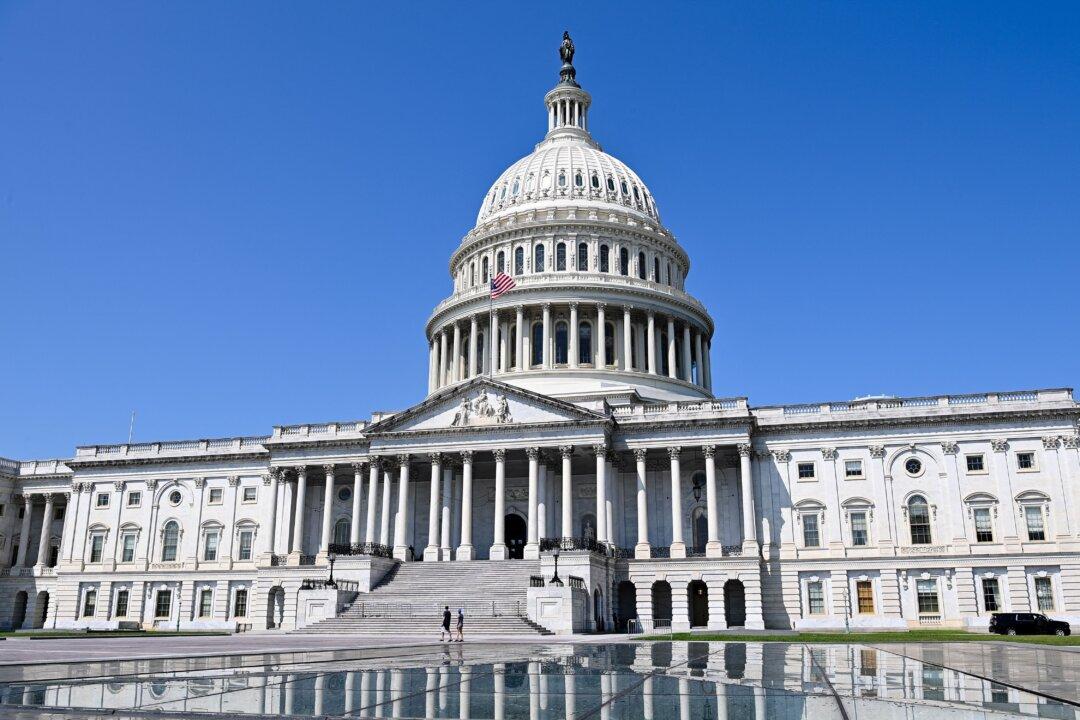News Analysis
When Rep. Ron Kind (D-Wis.) announced Aug. 10 that he wouldn’t seek reelection, he became the eighth House Democrat to decide either to retire or seek a different office in November 2022.


When Rep. Ron Kind (D-Wis.) announced Aug. 10 that he wouldn’t seek reelection, he became the eighth House Democrat to decide either to retire or seek a different office in November 2022.